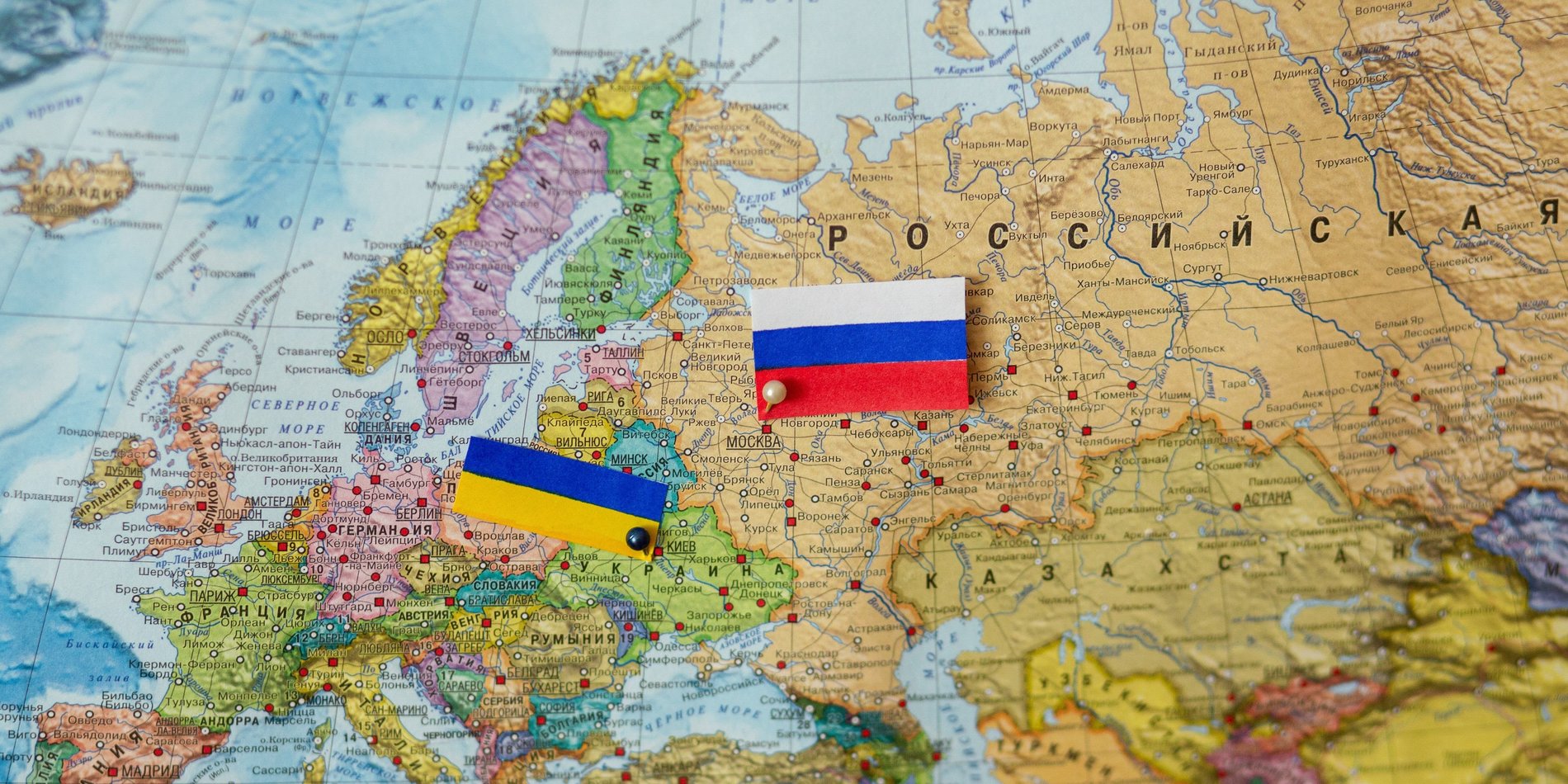Science and engineering summer internship program honored
The summer internship program Raising Interest in Science and Engineering is among three community groups named winners of Stanford's 2014 Community Partnership Awards.
This year's winners are: RISE, which ignites interest in science, technology, engineering and mathematics among bright, low-income high school students; the Roadway Safety Solutions Team, which is working to improve bicycle safety on local roadways; and the Special Needs Aquatic Program, which provides alternative physical therapy and recreation services – swimming and water play – to children with special abilities.
The university's Office of Public Affairs created the awards to honor the valuable partnerships that exist between Stanford and its neighbors, and to celebrate community efforts that successfully advance the public good. David Demarest, vice president for public affairs at Stanford, will present the awards at a June 6 luncheon.
At the same luncheon, Catherine Heaney, an associate professor (teaching) of psychology and of medicine at Stanford Prevention Research Center, will receive the Miriam Aaron Roland Volunteer Service Prize.
Raising Interest in Science and Engineering
The RISE Summer Internship Program for High School Students is a seven-week summer program for local students interested in science, engineering, math, computer science or psychology.
The goal of the program is to ignite excitement about science and prepare the students to pursue a college course of study in science, technology, engineering or mathematics that would lead to a bachelor's degree or an advanced degree.
The university's Office of Science Outreach sponsors the program, which places low-income, historically underrepresented high school students into paid summer internships in Stanford science or engineering research laboratories.
The RISE students spend 30 hours a week in a lab, working under the guidance of a mentor from the lab (typically a graduate student), and attending weekly group sessions that include field trips, presentations, hands-on science activities, lab tours, and sessions on college admissions and financial aid.
Every student is assigned a mentor – a graduate student, postdoctoral fellow, Stanford faculty member or staff scientist – who supervises the student's day-to-day work. The program helps create a network of like-minded high school students who love science and engineering.
RISE has fostered strong partnerships with several high schools in Santa Clara and San Mateo counties. Each year teachers nominate outstanding students for the program. RISE also collaborates with community organizations working with the same population of students.
Since Stanford created the program in 2006, the university has hosted students from 38 high schools in 147 RISE summer internships.
Roadway Safety Solutions Team
In 2011, the Silicon Valley Bicycle Coalition and the Trauma Center at Stanford Hospital & Clinics joined together to address the increased number of bicyclist deaths and major injuries on roadways in Silicon Valley.
They created the Roadway Safety Solutions Team (RSST) as a working group charged with analyzing the situation, researching best practices, developing solutions and implementing measurable improvements.
The RSST, which is led by the trauma center and the bicycle coalition, comprises a diverse group of dedicated elected officials, public works staff, law enforcement leaders, health agency officials, and community and business partners.
In three subcommittees, RSST focuses on seven areas: intersections of concern and interagency connectivity; Safe Routes to Schools; share-the-road messaging; efforts focused on the California Department of Motor Vehicles; establishment of diversion programs; law enforcement coordination; and anti-harassment ordinances.
Its work requires complex coordination and strategies to overcome the challenges of the multi-jurisdictional nature of Silicon Valley and the large number of stakeholders.
One example of its work is Wheel Well: A Two-Day Design Sprint to Address Bike Safety in Silicon Valley, which the RSST developed in collaboration with the California College of the Arts. A cross section of RSST participated in the "out of the box" approach to address bike safety in Silicon Valley.
Special Needs Aquatic Program
Every Friday, a dedicated group of 10 to 15 Stanford students carpools to the Palo Alto YMCA to volunteer two hours teaching children of all ages with special needs how to swim and play in the water through the Special Needs Aquatic Program (SNAP).
The student volunteers, trained by professionals dedicated to working with children with special needs, make it possible for the children to receive swimming lessons at an extremely low cost.
The children who participate in the program have a range of intellectual and physical disabilities that prevent them from participating in typical aquatics classes and programs. SNAP is tailored to address the physical, cognitive and psychosocial needs of each participant. The program stresses self-confidence, and the joy of movement and fitness in a safe, non-competitive, success-oriented atmosphere.
In addition to giving the children an opportunity to socialize and learn skills that help them gain self-confidence and physical strength, Stanford volunteers and their student organization, Kids With Dreams, make it possible for the parents of the children to take a break and have some time for themselves on Friday afternoons.
Since 2005, SNAP has trained more than 80 Stanford students to volunteer with children with special needs. Every quarter, the program attracts some volunteers from the community as well, fostering relationships between Stanford and the greater community on multiple levels.



